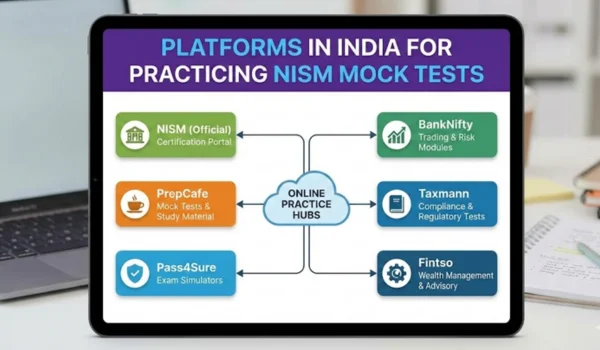Popular tax-saving investments under Section 80C, Equity-Linked Savings Schemes (ELSS) are primarily recognized for their three-year lock-in duration and long-term growth. Some plans covertly include small cap mutual funds to increase prospective returns, despite the fact that most investors believe ELSS funds concentrate on large and mid-cap firms. Although small-cap exposure can result in thrilling growth, it also entails greater price volatility. Making better financial decisions requires an understanding of how these components function within your ELSS.
1. Small-Cap Allocation Is Not Always Highlighted
To capture early-stage company growth, several ELSS strategies include small-cap equities. Even though they may seem insignificant now, many small-caps eventually become well-known. This exposure is kept flexible by fund management, and the percentage is subject to change at any time. Although investors may not always notice these changes until they closely examine the scheme’s monthly factsheet or annual report, this blend attempts to strike a balance between stability and fresh opportunities.

2. Higher Growth Potential Comes With Bigger Ups and Downs
When the market is doing well, small-cap investing is known for growing quickly. These companies may provide significant long-term rewards because they are expanding. But when the market is under stress, they can also change significantly. Because of this, ELSS with small-cap exposure is a two-edged sword. These businesses may benefit from the lengthy lock-in period, but investors need to be patient along with tolerance of short-term volatility.
3. Sector Bets Can Shape Future Outcomes
Emerging sectors including digital services, green technology, and new-age manufacturing are frequently home to small-cap stocks. Your ELSS may profit as these industries expand if it has a tendency toward them. Even yet, it may take some time for industries with little activity to produce results. Because of this, the success of ELSS depends on how well certain industries grow. Investors can better predict future changes by keeping track of sector concentration.
4. Fund Managers Actively Rebalance to Reduce Risk
Fund managers frequently modify their positions because small-caps can be sensitive to abrupt movements in the market. Certain holdings may be sold when prices increase and values appear high. Exposure may rise when opportunities arise. ELSS schemes can discreetly control risk while searching for value thanks to this active strategy. These timely selections aim to maintain the portfolio’s health over time, even if small-cap presence is not dominating.
5. Small-Cap Exposure May Not Suit Every Profile
Not every investor is suited for high-risk growth narratives. Small-cap-heavy ELSS could be unsettling to someone who desires steady returns or little market volatility. This exposure may be significant for people who have long-term objectives, a reliable source of income, along with emotional stability. Before depending on a portfolio that contains small-cap companies, even indirectly through an ELSS plan, you should review your investment timeframe as well as risk tolerance.
Conclusion
It’s possible that your ELSS is subtly sowing the seeds for long-term success in small-cap businesses. Investors who are patient and tolerant of sporadic fluctuations may benefit from this approach. You may maintain your confidence by monitoring your personal comfort level with risk, understanding sector allocation, and consulting fund factsheets. The ELSS scheme is still a wise tax-friendly instrument, but investing with clarity and purpose is ensured by understanding what’s in the basket.





